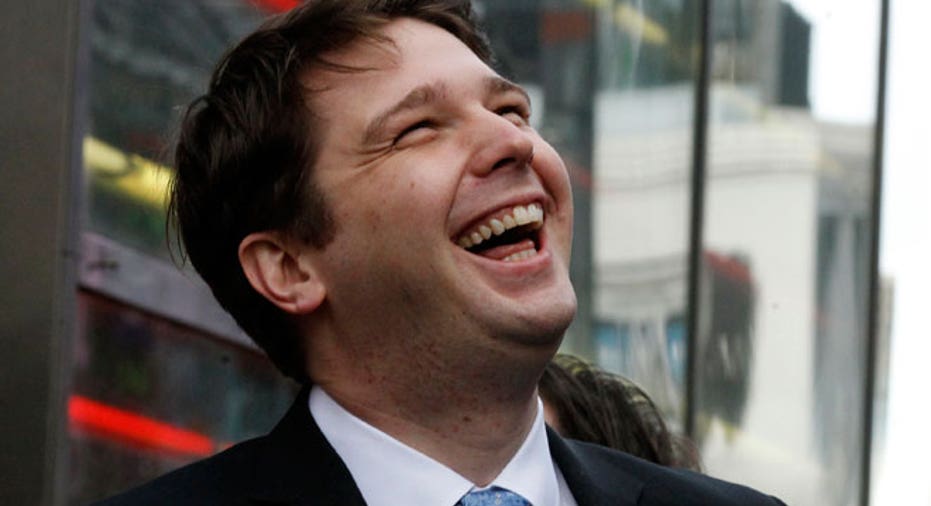Why Entrepreneurs Make Terrible CEOs

For years, I've watched one company after another flounder under founding CEOs. The phenomenon's incredibly common, especially in the technology industry. And the reason is surprisingly simple.
It's one thing to start a company, get it off the ground, and achieve initial product success. It's another thing entirely to profitably grow that company in a competitive market. It's a completely different job requiring completely different capabilities.
Make no mistake. Leading a company to achieve consistent operating results, year in, year out, is an incredibly challenging job, especially for CEOs of publicly traded companies. Few entrepreneurs are able to make the cut. Here are five of the most common pitfalls.
They're too invested in their own vision. For start-ups to make it, to beat the odds, their founders have to relentlessly drive their vision with laser-like focus. That tends to create an almost fanatical devotion to the company's specific technology, product, or methodology. It's a healthy myopia, of sorts.
But as a company and its business mature, that has to change. There comes a time when founders have to see the big picture and broaden their scope. When they have to adapt to changing market conditions and intensifying competition. Many entrepreneurs have a tough time making that transition.
If they can't adapt, if their perspective remains narrow, they won't be objective and they'll make bad decisions. It happens all the time.
They aren't willing to make hard choices. Entrepreneurs are, by nature, creators. They like to make things, to build things. Technical folks especially like to build teams and grow organizations that develop innovative products. It's what they do, the core of their being.
But things don't always work out as planned. And if their products fail to gain customer traction or competitive technology disrupts their market, entrepreneurs often resist trimming or shutting down what they created. It's simply not in their DNA.
They're great at starting projects, but not so great at killing them.
They don't have a passion for managing. Start-ups only make it when their founders are passionate about what they do. Usually that's associated with some sort of domain expertise or innovative concept, product, or service.
They're not usually passionate about managing. And it takes solid management strategy and execution to profitably scale and grow a business. So founding CEOs often partner with operations experts. But that requires delegating, giving up some amount of control. That doesn't come readily to a lot of entrepreneurs.
They don't get marketing. An innovative product may gain traction right out of the gate, but sooner or later, the competitive battle for market share gets tougher and the need to diversify adds complexity to the equation. That's when marketing strategy comes into play. And that's where a lot of entrepreneurs get into trouble.
Don't ask me why, but for whatever reason, engineers in particular have a tough time grasping marketing. Maybe it's because they tend to think in black and white terms. They want things to be determinate. Logical.
Marketing strategy, on the other hand, is somewhat behavioral in nature and certainly less deterministic. It requires a different mindset. And that mindset is, in my view, necessary for a CEO to be successful over the long haul.
They usually aren't willing to step down. The truth is that founding CEOs are often unwilling to step down, at least not readily. Perhaps they put so much of themselves into their creation that they're just not willing to give it up. Who knows?
What I do know is what I've observed for decades. They'll sugarcoat the truth, be overly optimistic in their communication, even live in complete denial of what's really going on, just to hold onto their gig. Even if it's failing.
Moreover, the VCs who've seen them through thick and thin and directors they themselves brought to the board are understandably reluctant to force them out. So, oftentimes, founding CEOs take their companies down with them.
Don't get me wrong. Some founders turn out to be fine CEOs. Just look at Starbucks' Howard Schultz, Fed-Ex's Fred Smith, and Southwest Airlines' Herb Kelleher. All I'm saying is, if you're an entrepreneur who wants to run the show over the long haul, you've got your work cut out for you.
This column originally appeared on Inc.com.



















